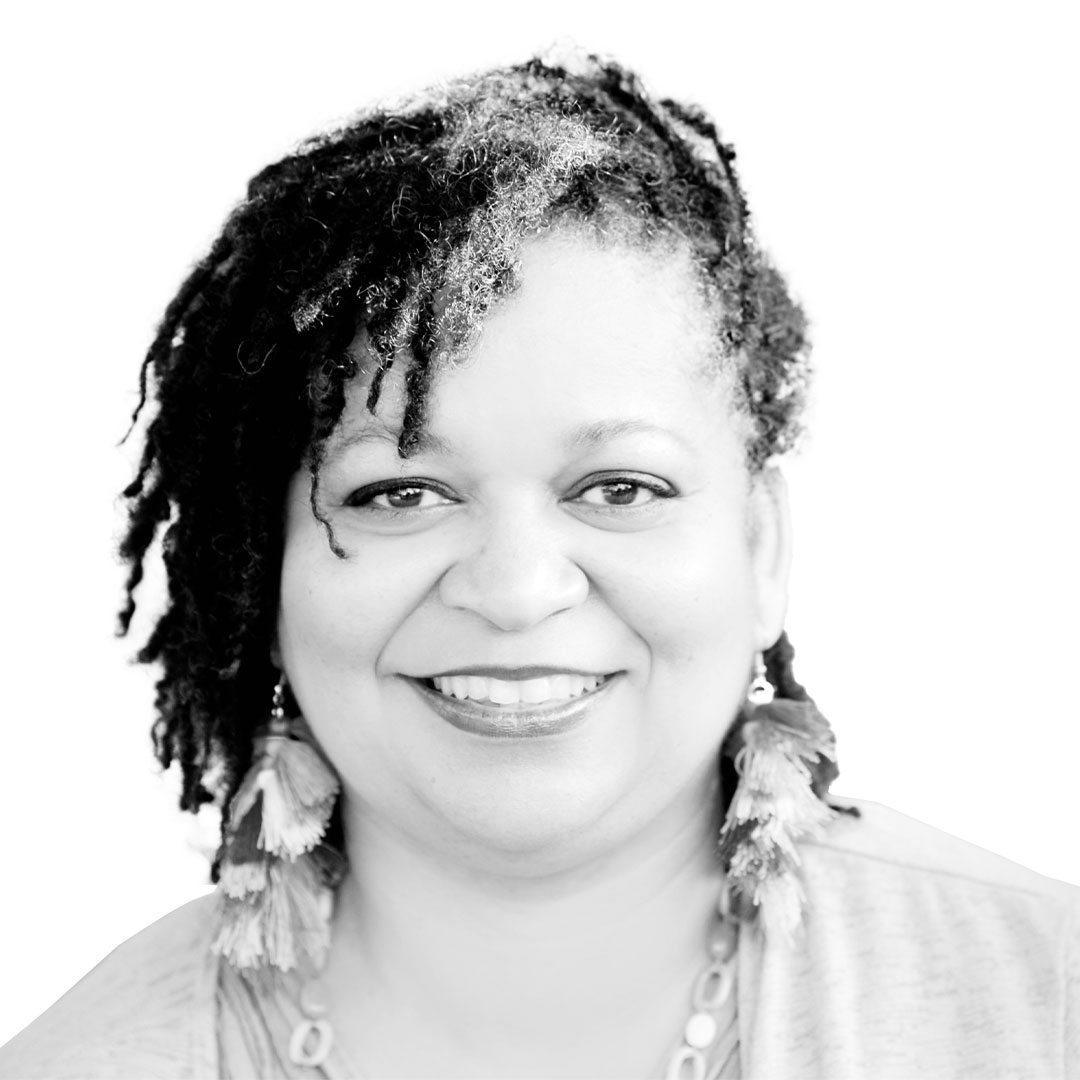Black women’s maternal mortality rates in the U.S. are three to four times higher than those of white women. Here in Texas, we have the highest Black maternal and infant mortality rate in the nation—regardless of the education or socioeconomic level of the mother.
I didn’t know these stats in 2005 when I was pregnant with my son, but I assumed my pregnancy would be high-risk. Why? Because my dad’s mother had almost died during her pregnancy, and I take after my dad’s side with underlying health issues.
My first OB-GYN did not take my concerns seriously so I sought another. Sure enough, I developed gestational diabetes and pre-eclampsia.
Early on, I monitored my blood sugar, ate organic foods from Whole Foods, and only gained 15 pounds during the pregnancy. As a single Black woman in Texas, along with carrying my child I also went to work every day, carrying deep shame. I felt like a statistic. I didn’t want people to know I was pregnant until I couldn’t hide it anymore. When a co-worker found out and congratulated me, I became incensed that someone had told her. I didn’t ask for support from my church at the time. In fact, I stopped going to church.
I had previously been married and we had tried, unsuccessfully, to have a baby. It was in that context that I had wanted to bring a child into the world, but soon after that marriage ended, I became involved in a dreadful relationship with an overgrown boy of a white man. I knew as soon as I learned I was pregnant that I’d be raising my child alone. I was relieved to finally get him out of my house.
I isolated myself. Once, my friend Carol became so worried about me that she showed up at my house, banging on my door to check on me.
I didn’t answer. I lay curled up in a fetal position on my bed with the covers over my head and waited for her to leave.
I was deeply depressed throughout my pregnancy, stemming from shame related to internalized racism about being a single Black mother in America. Nowhere had I seen a pregnancy like mine celebrated. I didn’t have words to articulate my feelings at a time when liberals obsessed about the decline of the family while conservatives flatly talked about “Welfare Queens.”
As the due date grew closer, I grew physically sicker. My blood pressure spiked into the 180s/110s and then the 190s/110s, and I’d get a friend to take me to the ER at night.
I was still working Monday to Friday until my doctor finally insisted that I stop. She planned to induce labor the following week and wanted me to come to her office for check-ups every other day. That was a Friday. I paid my cousin to help me clean my home that weekend. On Wednesday, the doctor told me she wanted to do a C-section immediately. She was afraid I’d have a stroke during labor.
And that’s how my son was born.

I stayed four nights in the hospital. I had visitors, but no one spent the night with me. My best friend took me home the day I was released, and just like that I was alone with a newborn after enduring a high-risk pregnancy and depression. I didn’t know then that my health risks continued postpartum, and that I was at high risk of dying, as all too many Black women do at that point.
Despite having endured major surgery after which the mother is not supposed to lift anything for weeks, I took care of the baby, cooked, grocery shopped, drove… alone.
Thank God, I lived. And thank God, I did not suffer from postpartum depression.
But seven years later, when I became pregnant again, having an abortion was a no-brainer.

No birth control is foolproof, and few human beings practice perfectly safe sex 100 percent of the time.
Today, I refuse to carry shame about my pregnancy, about being a Black single mother, or about the abortion I had that likely kept me alive and my son and I more financially secure.
If Texas and America were truly “pro-life,” my pregnancy story would have been very different—and pregnant Black women wouldn’t die at such a high rate, one that will surely go up now as the Supreme Court’s likely ruling and new state laws kill even more of us.
If Texas and America were truly “pro-life,” my treatment plan would have included gaining information about support systems I had access to and referrals for supports if I had none. It would have included mental health assessments and treatment for trauma before and after giving birth. My health risks would have been lower and my depression far less likely.
Perhaps I should have told my story sooner. But would it have made a difference? And should I have had to? These decisions are deeply personal. My choice not to endure another pregnancy in this country was, is, and should be my own business and my own right. It should be the right of every person with a uterus.







